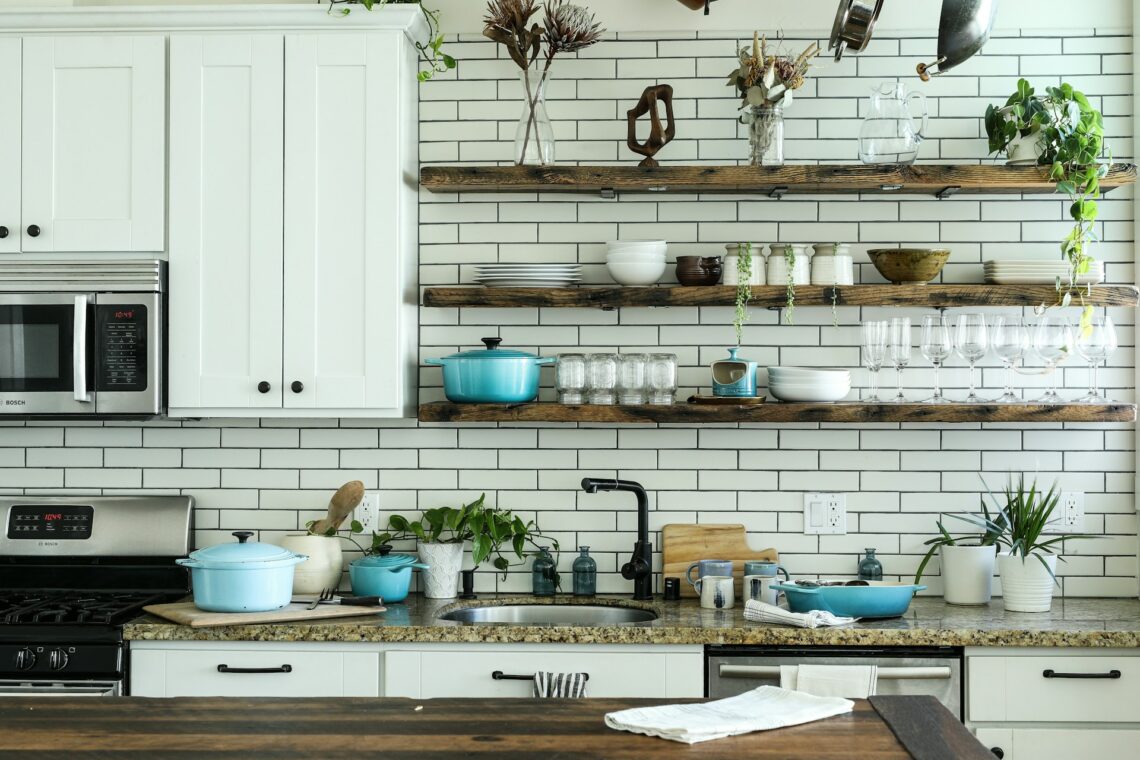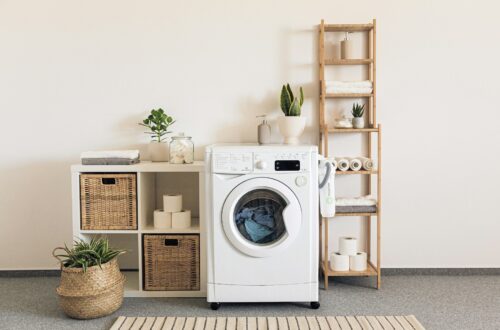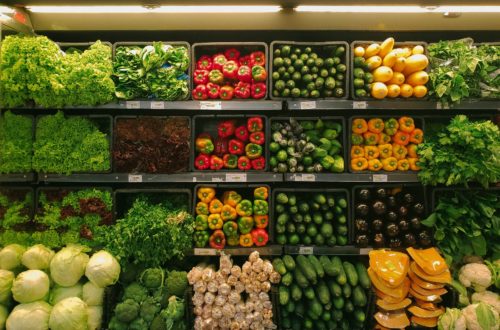
7 Easy Steps to Create an Eco-Friendly Kitchen
If you’re feeling a little guilty about your kitchen’s impact on the environment, you aren’t alone. The kitchen, with its constant stream of packaging, food waste, and energy consumption, can be a significant contributor to our ecological footprint. But fear not! With a few mindful changes, you can transform your kitchen into a zero-waste haven, doing your part to save the planet while creating a greener space for yourself.
Here are some easy ways to make your kitchen more eco-friendly and sustainable.
1. Mindful Shopping
The journey to a zero-waste kitchen begins at the shop. Embrace the mantra of “reduce, reuse, recycle” by opting for products with minimal packaging. Bring your own reusable bags and containers to store loose items like fruits, vegetables, and grains. Consider shopping in bulk to reduce packaging waste and save money in the long run.
Take reduce into mind in the volume of food bought as well, buy in bulk if it’s something you’ll use and buy what you need realistically to avoid food going bad in storage and ending up as waste.
2. Compost, Compost, Compost
Food scraps and peelings don’t belong in the rubbish bin; they belong in your compost bin! Composting is a simple and effective way to reduce kitchen waste while creating nutrient-rich soil for your garden and houseplants. Invest in a small compost bin for your kitchen counter or balcony, and watch as your food waste transforms into black gold.
If you don’t have space for composting at home, community compost spaces are becoming more common across the UK, you can find yours here.
3. Ditch the Disposables
Say goodbye to single-use items like paper towels, plastic wrap, and disposable utensils. Opt for cloth towels and beeswax wraps for a reusable and eco-friendly alternative. There’s no need to go out and buy eco-friendly cutlery, you can easily cut down on single use cutlery by bringing along your own cutlery from home in a container or cutlery wrap.
4. Energy Efficiency
Make your kitchen appliances work smarter, not harder. Opt for energy-efficient models when it’s time to upgrade your fridge, stove, or dishwasher. Use the microwave or toaster oven for small meals instead of firing up the entire oven. And don’t forget to turn off appliances and lights when they’re not in use—every little bit helps!
5. Reusable Everything
Swap out disposable items for their reusable counterparts. Invest in a quality water filter and a stylish reusable water bottle to keep yourself hydrated without the plastic waste. Switch from paper coffee filters to a reusable metal or cloth filter for your morning brew. These small changes can add up to significant waste reduction over time.
6. Embrace Second-hand
Reduce your kitchen’s environmental impact by embracing the beauty of second-hand items. Visit charity shops, car boots, or online marketplaces for gently used kitchenware. Not only will you save money, but you’ll also give these items a new life instead of adding to the demand for new products. To help avoid impulse purchases keep a list of kitchen equipment you need and keep an eye out to avoid buying kitchen clutter you won’t use.
7. The Most Important Step, Celebrate Progress!
Creating a zero-waste kitchen is a journey, not a sprint.
Celebrate your progress, no matter how small. Take things slowly so you make changes that will last and be kind if you don’t meet your targets straight away.
Every single meal prepared without waste, every item repurposed or recycled, brings us closer to a more sustainable future. Celebrate yourself for the positive changes you’re making and keep striving for a greener, cleaner kitchen—and planet.





